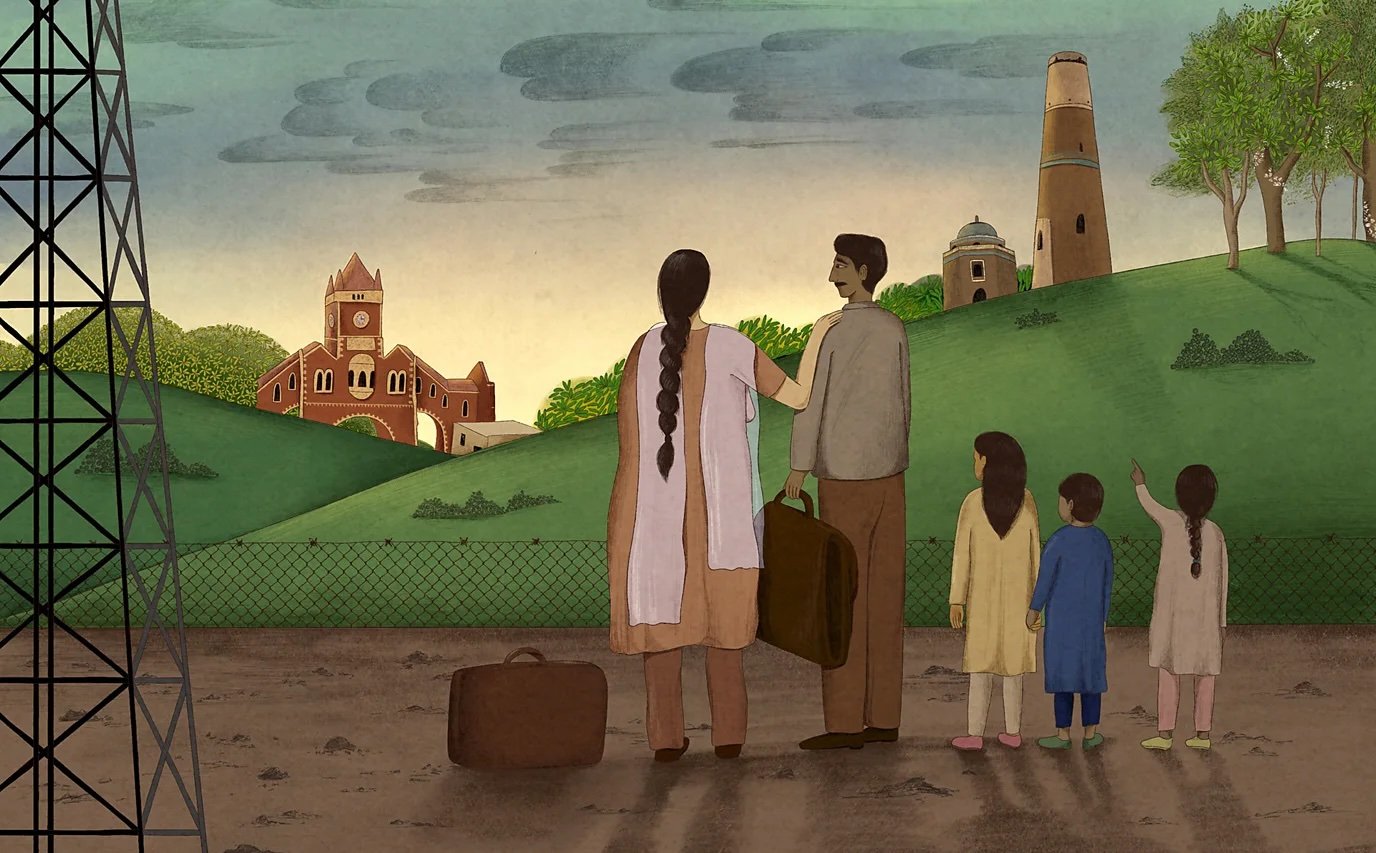A border split my family's language. Now I'm bringing it back
image by Prashanti Aswani
Sanjana Bhambhani's ancestors fled their homeland during India's Partition – and her family gradually lost their mother tongue. Can she now reclaim it?
A new BBC article by recent John Brown Project volunteer journalist Sanjana Bhambhani details the multiple languages spoken in India, how British colonization split her family’s country, forcing them to flee and lose their family language, and how she’s bringing it back.
“When I was around eight years old, a teacher at my elementary school in New Delhi, India, asked us which languages our families spoke at home. India is one of the most linguistically-diverse countries in the world, with estimates suggesting that we collectively speak between 122 and 456 languages. In New Delhi, as in several other big Indian cities, people tend to use at least two languages daily: the one commonly spoken at work, in school or in government offices (as Hindi is in Delhi), and a regional language which connects people to their ancestral culture and is spoken within the family.
Of the Indian languages, I grew up only speaking Hindi. I had no idea what my family's second, regional language was. When I asked my father, his answer puzzled me.
"Sindhi," he said.
I had never heard of this language. My father explained that the region where Sindhi is predominantly spoken – namely Sindh – is not in India but in Pakistan, our neighbouring country. How did my family come to lose our ancestral tongue?”


